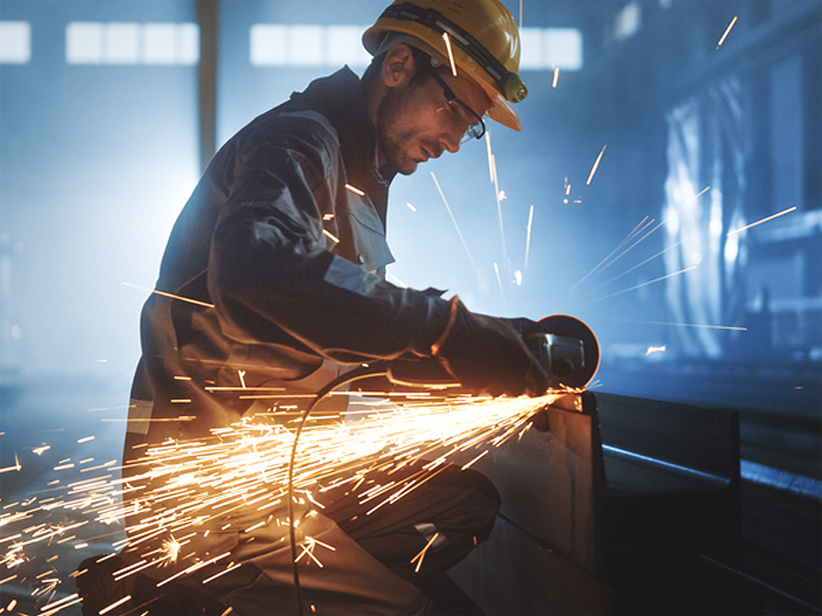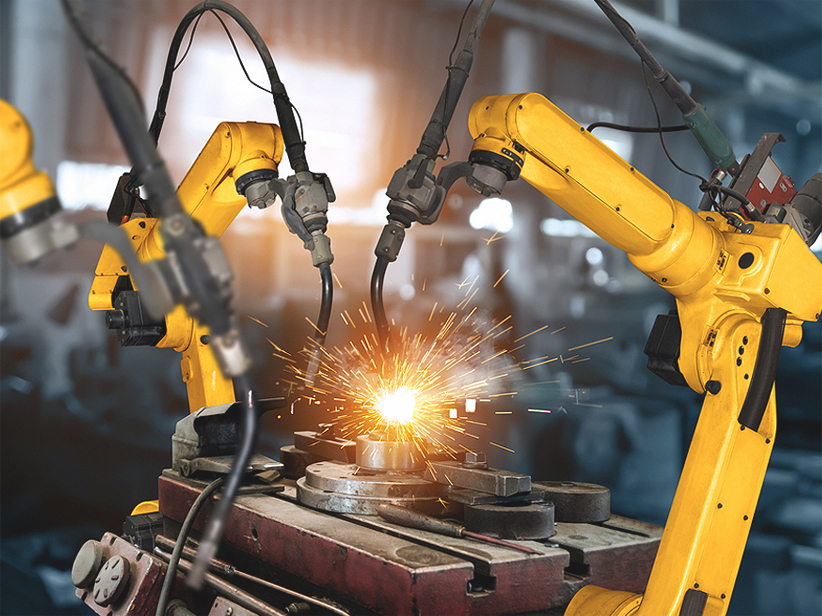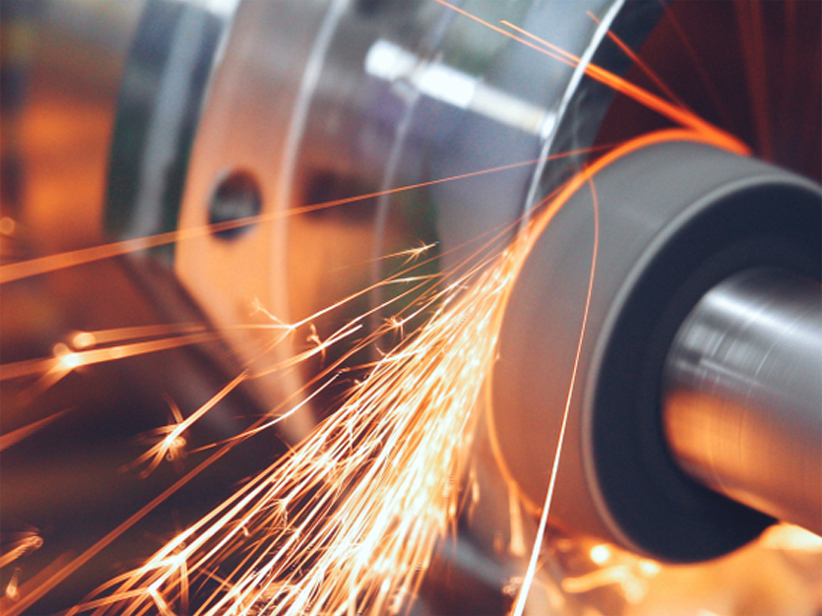Stainless Steel - Grade 430 LNbTi / 1.4511
Description
Stainless Steel Grade 430 LNbTi / 1.4511 is a low-carbon, ferritic stainless steel alloy with enhanced resistance to oxidation and corrosion. The addition of niobium (Nb) and titanium (Ti) stabilizes the steel, preventing carbide precipitation during welding and offering improved mechanical properties. This grade is particularly suitable for applications requiring a combination of good corrosion resistance, strength, and formability.
Chemical Composition
- Carbon (C): ≤ 0.03%
- Chromium (Cr): 16.0 - 18.0%
- Manganese (Mn): ≤ 1.0%
- Silicon (Si): ≤ 1.0%
- Sulfur (S): ≤ 0.03%
- Nickel (Ni): ≤ 0.75%
- Phosphorus (P): ≤ 0.04%
- Nitrogen (N): ≤ 0.03%
- Niobium (Nb): 0.1 - 0.2%
- Titanium (Ti): 0.1 - 0.2%
Mechanical Properties
- Tensile Strength: 400 - 550 MPa (58 - 80 ksi)
- Yield Strength: ≥ 250 MPa (36 ksi)
- Elongation (in 50 mm): ≥ 20%
- Hardness (Brinell): ≤ 200 HB
Thermal & Physical Properties
- Density: 7.75 g/cm³ (0.28 lb/in³)
- Melting Point: Approximately 1400°C (2550°F)
- Thermal Conductivity: 25.9 W/m•K at 100°C (75.8 BTU/h•ft•°F at 212°F)
- Coefficient of Thermal Expansion: 11.5 µm/m•K (6.4 µin/in•°F) at 20-100°C (68-212°F)
- Specific Heat Capacity:0.46 J/g•K
Other Designations
- DIN Number: 1.4511
- UNS Number: S43000
- AISI: 430
Fabrication and Heat Treatment
- Machining: Good machinability, though care should be taken to avoid work hardening.
- Welding: Suitable for welding with appropriate filler materials; pre- and post-weld heat treatment is typically not required due to stabilization.
- Forming: Good formability for stamping and bending operations.
- Heat Treatment: Annealing is recommended for improved mechanical properties and stress relief, conducted at 800-850°C (1472-1562°F), followed by air cooling.
Applications
- Automotive: Exhaust systems, trim, and interior components.
- Household Appliances: Kitchen equipment, refrigerators, and washing machines.
- Architectural: Exterior cladding, roofing, and decorative panels.
- Industrial: Tanks, pipes, and other components in mild corrosive environments.
- Food Processing: Equipment and fixtures in environments where corrosion is a concern but not severe.
Supplied Forms
- Bars
- Rounds
- Flat Bars
Features
- Strength and Toughness: Provides a balance of strength and ductility, enhancing its durability.
- Corrosion Resistance: Good resistance to oxidation and mild corrosion, making it suitable for many environments.
- Stability: Niobium and titanium stabilization ensures minimal carbide precipitation during welding and high-temperature exposure.
- Formability: Allows for easy shaping and forming into various components.
- Cost-Effectiveness: Less expensive compared to higher nickel grades while still providing excellent performance in many applications.






